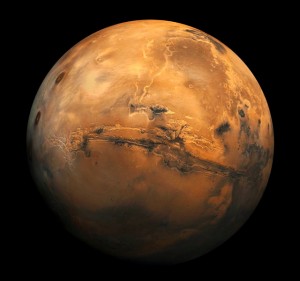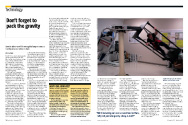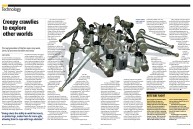Big Wide World
 I have also blogged for New Scientist’s ‘Real Scientists, Real Lives’ section Big Wide World. Follow the links below to these posts hosted on their website:
I have also blogged for New Scientist’s ‘Real Scientists, Real Lives’ section Big Wide World. Follow the links below to these posts hosted on their website:
Passionate about hunting for little green men
Simulating Mars on Tenerife
The search for life on Mars thwarted by Hollywood
Dear Lewis, the other day I saw a UFO…
Post-doc: Career uncertainty is wearing us down







